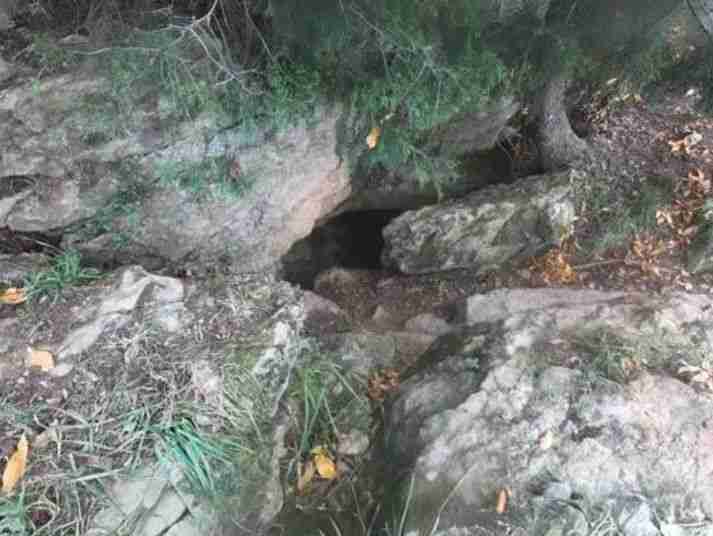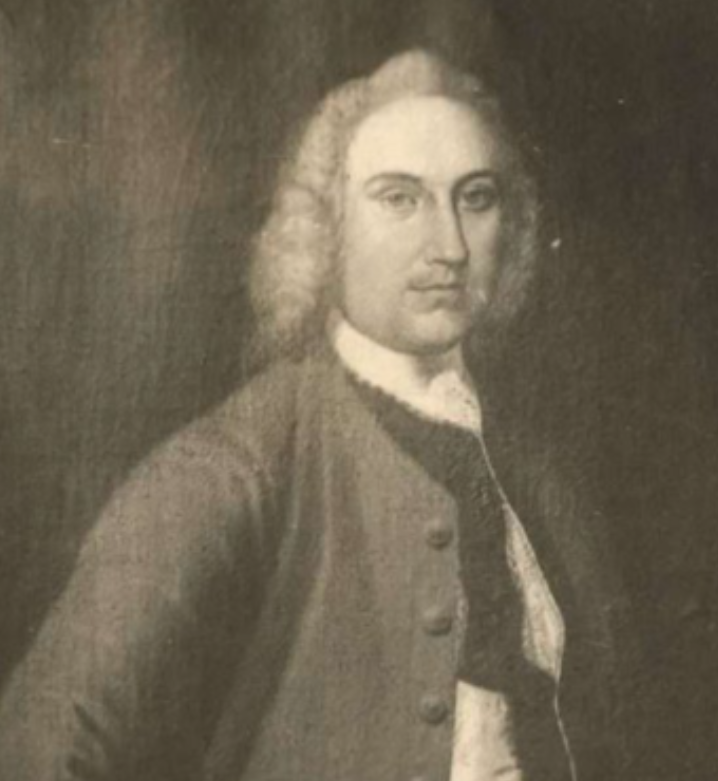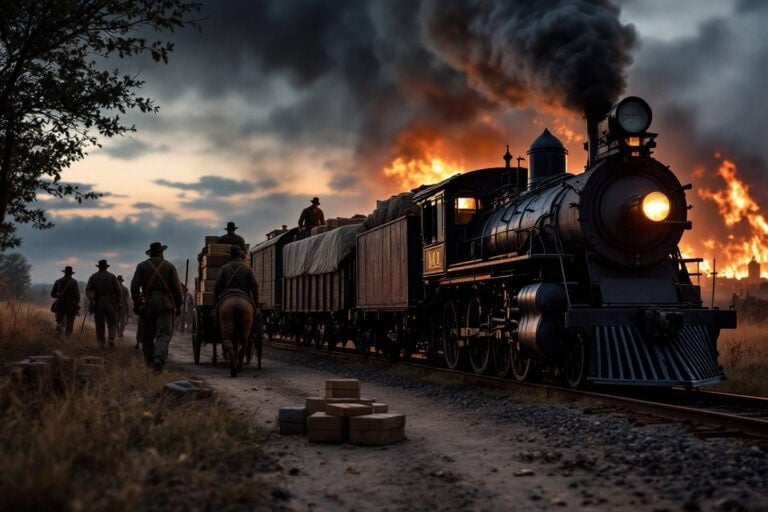John Wyatt: The Botetourt Barrel-Maker Spy
An installment in our Appalachian History and Culture series

The British called it a gentleman’s war. That might’ve been true in the drawing rooms of Philadelphia or London. But out here—in the rolling hills of Botetourt (pronounced “baa-tuh-taat”) County, Virginia—it was anything but. That’s where you’d find John Wyatt, bending over hoop iron with his cooper’s hammer, trying to feed his family while the colonies caught fire. He wasn’t a soldier. He wasn’t a politician. But by the time the war was over, his barrels would carry more than flour and rum—they’d carry secrets that helped change the course of Virginia’s Revolution.
This is the story of the Botetourt barrel-maker who turned spy. And like most true Appalachian tales, it starts with hard work, quiet resistance, and one very well-placed lie.
The Cooper’s Trade
John Wyatt didn’t make speeches. He made barrels.
He shaped oak skillfully and instinctively, fitting each stave into place until the cask was sealed tightly. No glue. No nails. Just precision and pressure. It was a trade that required patience, instinct, and a knack for subtlety—all qualities that, as it turns out, make for a decent spy.
When Wyatt was captured during a skirmish in the Carolinas and tossed into a makeshift prison, the British saw just another backwoods artisan. What they didn’t see was the plan forming behind his calm exterior.
A parole was granted—conditional freedom in exchange for a promise not to fight again. He gave his word. Then he handed over a freshly made and conveniently full barrel of rum. That gesture earned him goodwill. The kind that loosened tongues.
By the time he returned to Virginia soil, John Wyatt was carrying more than just a cooper’s reputation. He carried knowledge. Whispers. Locations. And a warning.

The Spy Who Saved the Lead Mines
Instead of heading home, Wyatt turned west.
The hills near Wythe County weren’t just pretty—they were strategic. The lead mines there fed the Patriot war machine with bullets and shot. If Loyalists or British sympathizers took them, the consequences would echo far beyond the Blue Ridge.
Wyatt had heard things: names whispered, plots spoken in code, men with too much powder and too little allegiance. So, he did what few others dared—he shared what he knew.
His intelligence triggered a series of militia raids that rounded up dozens of suspected Loyalists before they could act. The mines were secured. The rebellion within a rebellion dissolved before it could spark. And the barrel-maker from Botetourt had just tipped the scales—without ever touching a musket.
Quiet Patriotism, Loud Consequences
Wyatt wasn’t the only one ferrying secrets. Housewives passed messages in hems, tavern-keepers relayed rumors over mugs. But Wyatt’s tip may have had the longest tail.
Some say it set in motion the infamous campaigns of Charles Lynch, who led vigilante-style justice against Loyalist holdouts in the region. Lynch law—rough, fast, and without much paperwork—took root in these hills. Whether Wyatt’s warning was fuel or match, it changed the temperature of the mountains for years to come.
That’s the thing about war. The lines blur. One man’s whisper becomes another man’s noose.
The Man Who Walked Away
After the dust settled, John Wyatt didn’t claim credit. He didn’t write a memoir or lobby for a pension. He returned to his barrels, his tools, his quiet life.
The records are thin: a petition here, a court mention there. But his fingerprints are all over a moment in history most people never hear about.
Because what Wyatt did wasn’t loud or theatrical. It was the kind of bravery that doesn’t come with uniforms or medals. Just sawdust on the floor and a story no one believed until it came true.

Echoes in the Grain
If you walk the New River Trail today or wander the old mining sites near Wytheville, the past feels far away. But it’s there—in the way the land hums and the wind moves through the trees like it’s still carrying messages.
This is where courage didn’t wear epaulets. It wore work boots. It kept its head down and its ears open. And when the time came, it stepped forward—quietly, deliberately, like a man assembling staves into a barrel.
So, if you ever find yourself in Botetourt County or the hills beyond, raise a glass to the ones who didn’t make the history books. Especially the Botetourt barrel-maker who turned spy.
Because sometimes, all it takes to shift a revolution is a barrel full of rum and a man who knows when to speak.
More Appalachian History & Culture
Find more stories from the region’s past on the History and Culture page.
Appalachian History and Culture Collection
Enjoying Blue Ridge Tales? I hope so. If you’d like to help keep the site ad-free and the stories rolling, you can buy me a coffee.
To stay connected, subscribe to my Blue Ridge Tales newsletter, and have stories and updates delivered once a month to your inbox.






